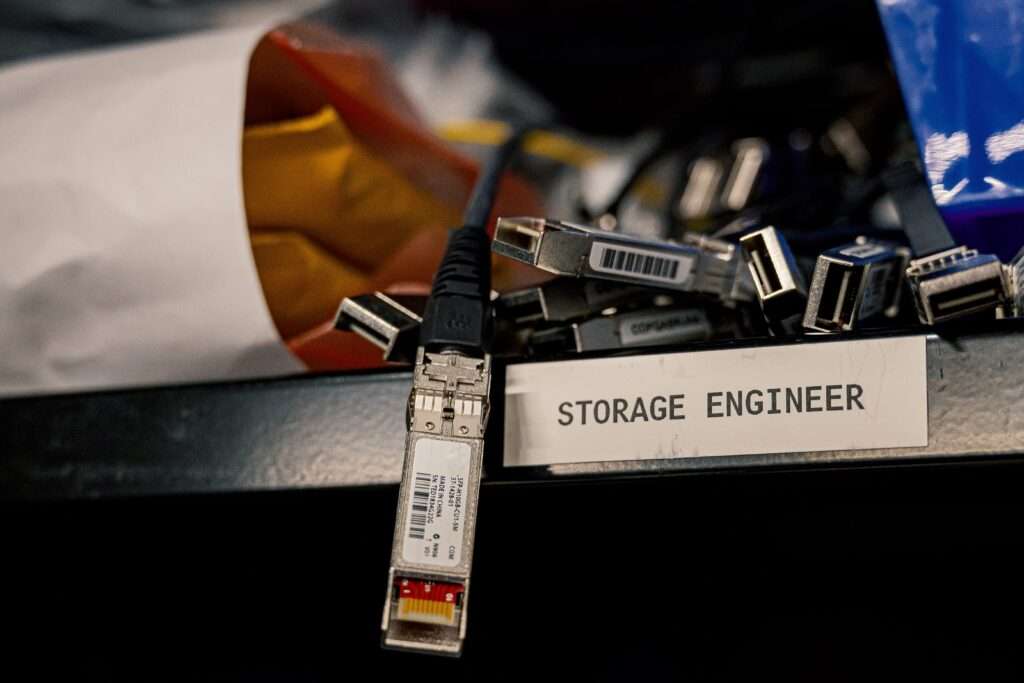In the age of information, data is often referred to as the new oil, driving innovation and progress in nearly every industry. The collection, analysis, and utilization of vast amounts of data have led to groundbreaking discoveries and technological advancements. However, this unprecedented access to data has raised important ethical questions about the balance between innovation and privacy.

The Power of Big Data
Big data refers to the vast volumes of structured and unstructured data generated by individuals, businesses, and devices every day. From social media posts and online purchases to medical records and location data, the digital footprint we leave behind is immense. This data can be harnessed to extract valuable insights, fuel machine learning algorithms, and drive decision-making processes across various sectors, including healthcare, finance, marketing, and more.
The Ethical Dilemma
As technology advances and the collection of big data becomes more pervasive, concerns about privacy, security, and ethics have come to the forefront. Here are some key ethical dilemmas surrounding big data:
1. Data Privacy:
- Consent: Are individuals fully aware of and providing informed consent for the collection and use of their data?
- Ownership: Who owns the data generated by individuals? Is it the individuals themselves, the companies collecting it, or a shared ownership model?
- Data Breaches: How can organizations ensure the security of collected data, and what responsibilities do they have in the event of data breaches?
2. Algorithmic Bias:
- Fairness: Are algorithms used in decision-making processes biased against certain groups, perpetuating discrimination?
- Transparency: Do organizations provide transparency in their algorithms to allow for scrutiny and fairness assessments?
3. Surveillance:
- Government Surveillance: How do we balance the need for national security with the potential invasion of privacy through mass surveillance programs?
- Corporate Surveillance: What are the implications of pervasive corporate surveillance on consumer privacy and autonomy?
4. Data Monopolies:
- Market Power: How do large tech companies’ monopolistic control over data affect competition and innovation?
- Data Sharing: Should there be regulations requiring companies to share certain data for the common good?
Finding the Balance
Balancing the ethical concerns surrounding big data with the potential for innovation and progress is a complex task. However, several steps can help mitigate these ethical challenges:
1. Data Governance:
- Data Minimization: Collect only the data necessary for a specific purpose, minimizing the potential for misuse.
- Anonymization: Remove or encrypt personally identifiable information to protect individual privacy.
- Strong Security: Implement robust security measures to safeguard data against breaches.
2. Transparency and Accountability:
- Algorithmic Transparency: Make algorithms transparent and open to scrutiny, allowing for fairness assessments.
- Accountability: Hold organizations accountable for data breaches and unethical practices.
3. Legislation and Regulation:
- Privacy Laws: Enact comprehensive privacy laws and regulations to protect individual rights and establish guidelines for data use.
- Antitrust Measures: Consider antitrust measures to prevent data monopolies and encourage competition.
4. Ethical Frameworks:
- Ethical AI: Develop and adhere to ethical frameworks for the development and deployment of artificial intelligence and machine learning systems.

Wrap Up
The ethical considerations surrounding big data are as significant as the technological advancements it enables. Striking the right balance between innovation and privacy is an ongoing challenge, requiring cooperation between governments, businesses, and individuals. By addressing these ethical dilemmas head-on and implementing responsible data practices, we can harness the power of big data while respecting fundamental human rights and privacy.




